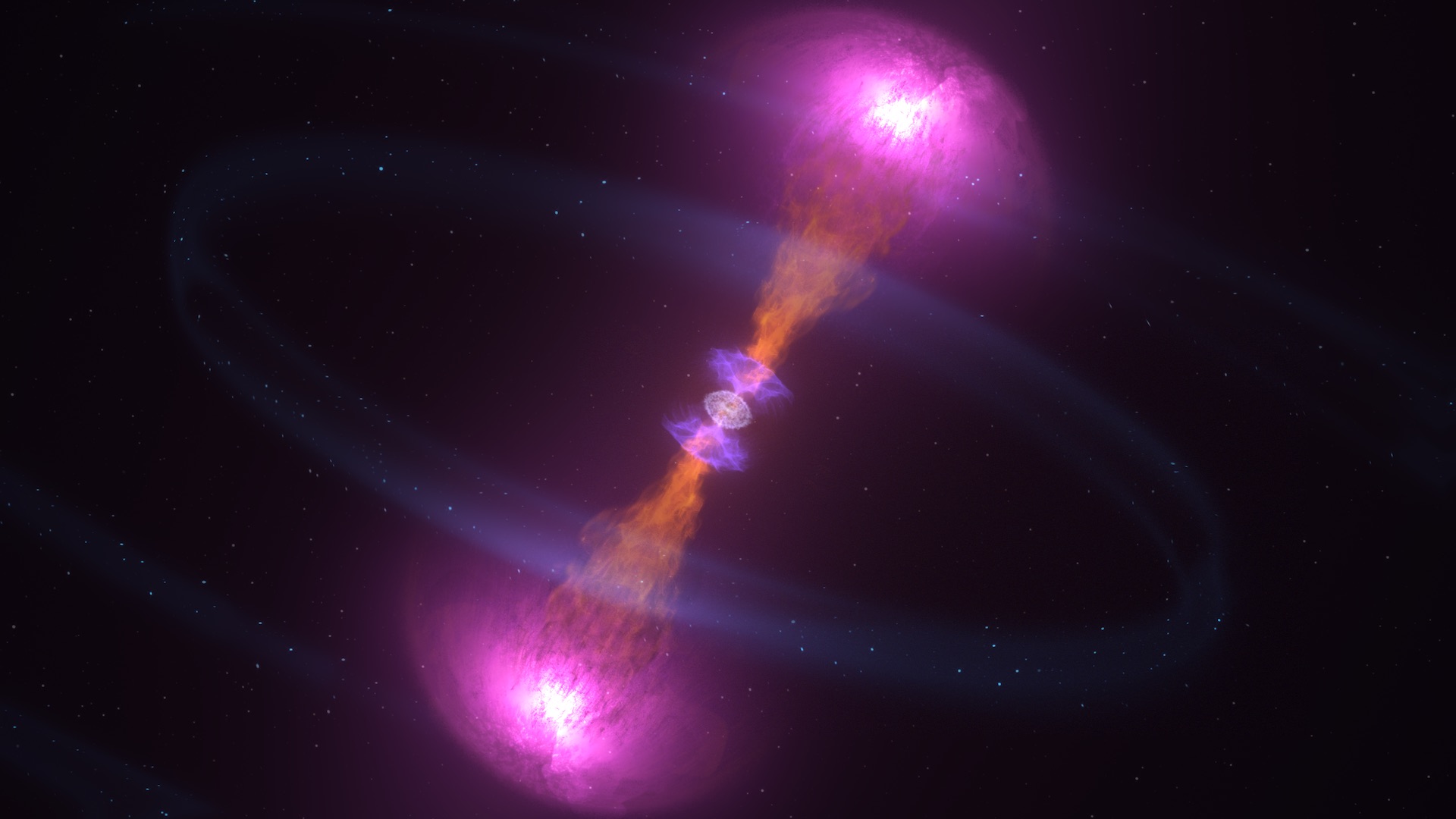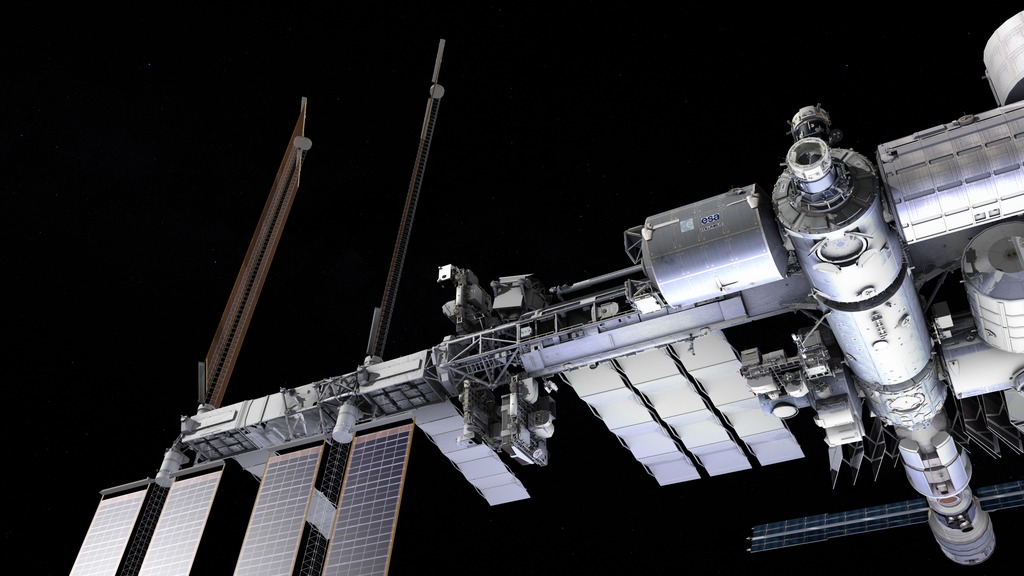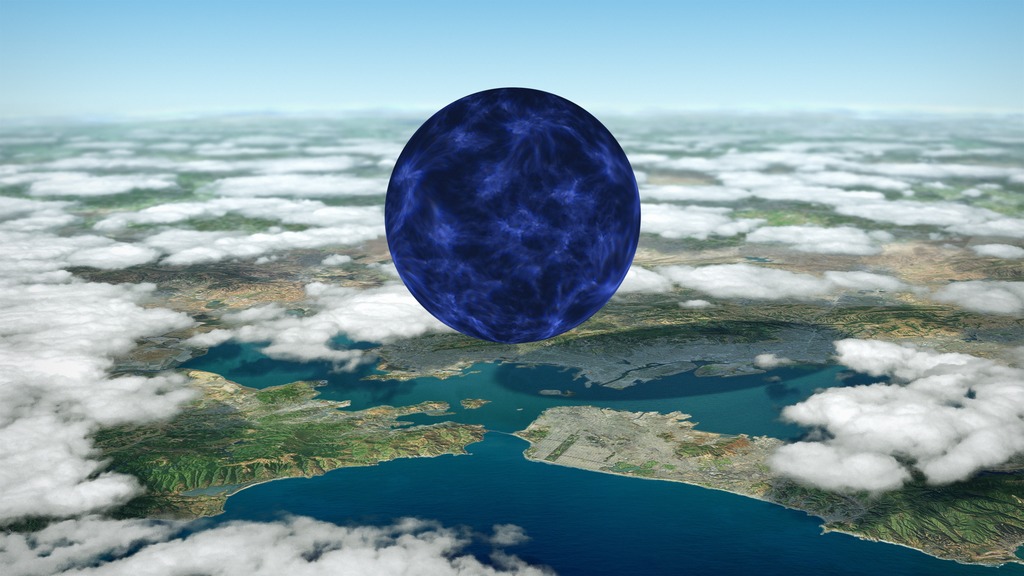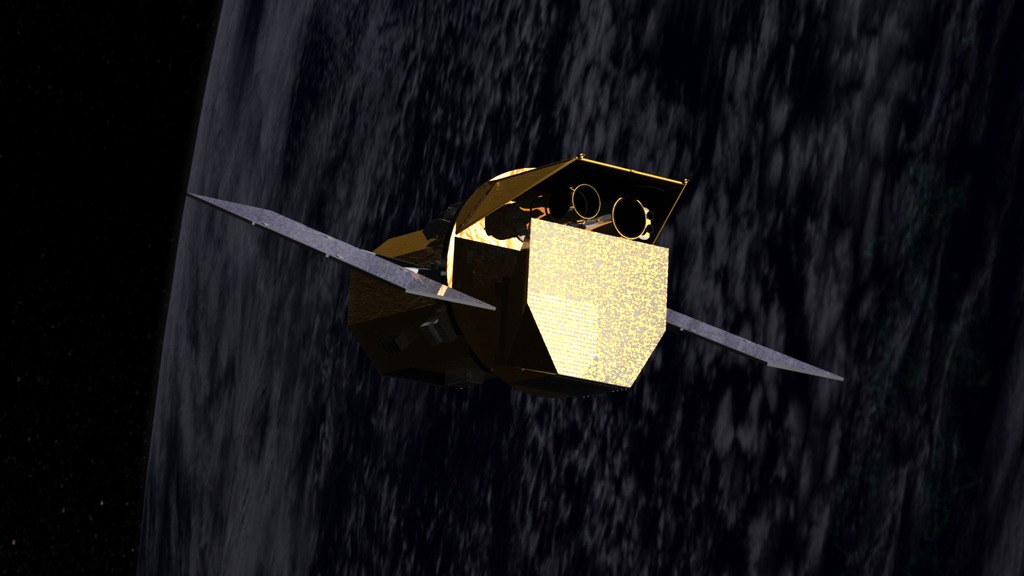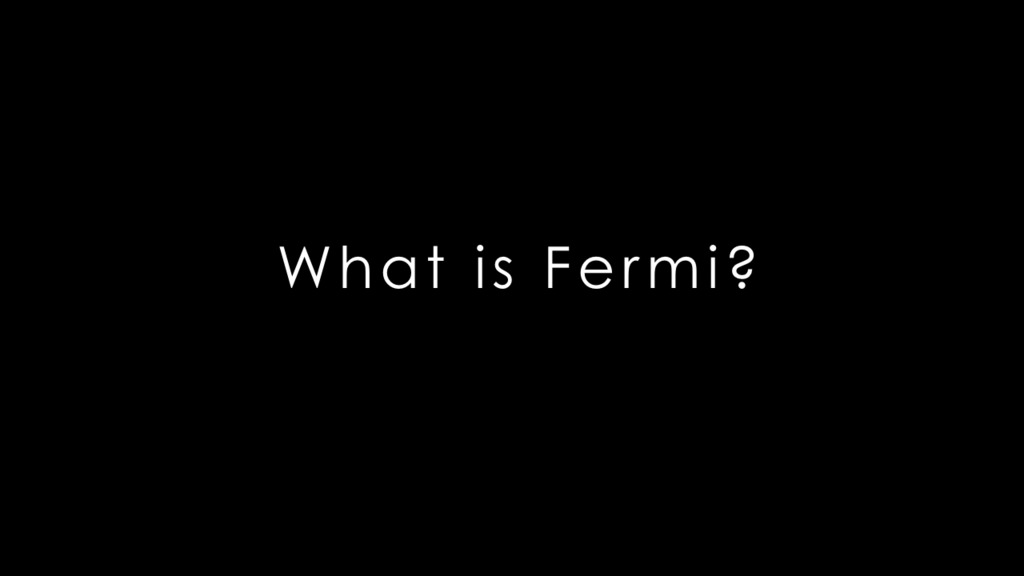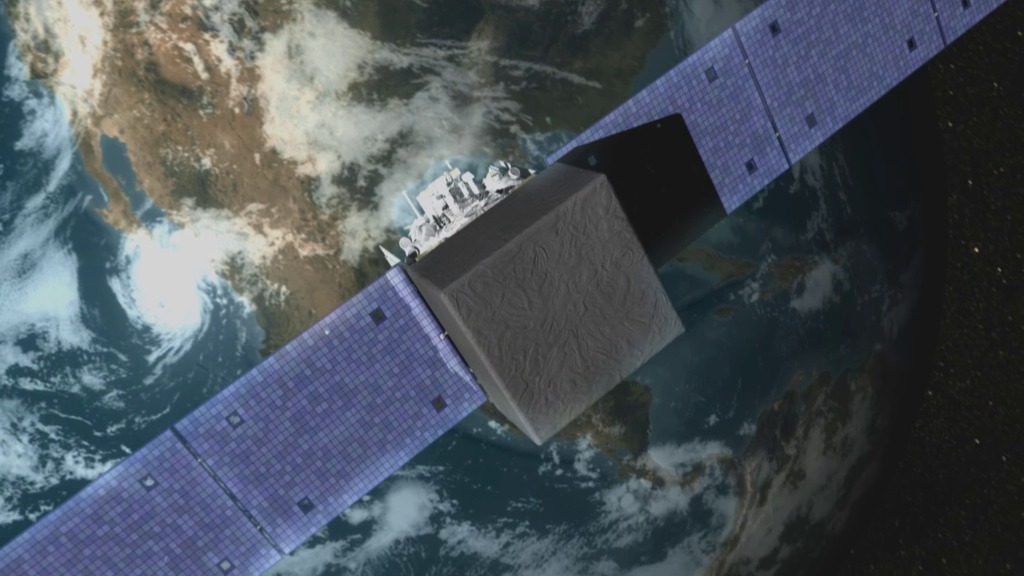Astrophysics Live Shot 10.17.2017
Live shot b-roll
For more information see: NASA Missions Catch First Light From A Gravitational-Wave-Event
The bling in your ring is a product of the most violent kind of explosion in the universe.
Suggested Anchor Intro:
Yesterday scientists announced another giant discovery in the physics world. This time, it involves the most powerful explosion in the universe, head-banging stars and a cosmic gold rush. We have NASA scientist NAME here to give us a bite-sized astrophysics lesson.
While observing a galaxy 130 million light-years away, NASA scientists became the first to see a gamma-ray burst caused by two neutron stars smashing into each other. Join some of these brilliant minds from 6:00-11:30 a.m. ET on Tuesday, Oct. 17, for a bite-sized astrophysics lesson about an exciting discovery: many precious metals on Earth are remnants of these stellar collisions. This particular explosion produced 500 times the mass of Earth in platinum and 200 times the mass of Earth in gold.
Gamma-ray bursts are the most powerful explosions in the cosmos. Most occur when a massive star collapses under its own weight as it nears the end of its life. For decades scientists have suspected these bursts might also come from something else: collisions between neutron stars, the smallest and densest stars known to exist — they were right. Black holes merge darkly, but neutron stars do so with a splash. Matter is packed so tightly in neutron stars that a sugar cube-sized amount of material would weigh as much as Mount Everest. So, as it turns out, a neutron star merger can fuel the creation of precious metals and scatter them across the universe — precisely how gold, platinum and dozens of other elements arrived at Earth.
We now know that a neutron star merger is powerful enough to cause ripples in space-time, just as a rock thrown into a pond creates ripples in the water. The discovery of these gravitational waves earned three physicists a 2017 Nobel Prize. This neutron star collision marks the first time scientists have been able to pinpoint exactly where gravitational waves originated. This discovery brings remarkable new insights into the physics behind the most powerful explosions in the universe — and a reminder that we're surrounded by the stuff of stars.
Suggested Questions:
1. Walk us through this incredible discovery. What did you see?
2. So, the gold in my ring is stardust? How did these heavy metals get to Earth?
3. This isn't the first time you've seen an explosion like this. Why is this one so special?
4. The science community is pretty excited about gravitational waves. What are they?
5. Where can we learn more?
Location: NASA's Goddard Space Flight Center/Greenbelt, Maryland
Scientists:
Dr. Brad Cenko / NASA Astrophysicist, Goddard Space Flight Center
Dr. Paul Hertz / Director, Astrophysics Science Division, NASA Headquarters
Dr. Julie McEnery / NASA Astrophysicist, Goddard Space Flight Center
To book a window contact:
Micheala Sosby / micheala.m.sosby@nasa.gov / 301-286-8199
Canned interview with Dr. Paul Hertz with no graphics.
Canned interview with Dr. Paul Hertz with graphics
Canned interview with Dr. Julie McEnery looking off camera. Location: NASA Astrophysicist, Goddard Space Flight Center. Includes full transcript. SOTS are separated by slates. TRT 2:17
Canned interview with Dr. Brad Cenko
Canned interview with Dr. Julie McEnery
Credits
Please give credit for this item to:
NASA's Goddard Space Flight Center
-
Producers
- Michelle Handleman (USRA)
- Micheala Sosby (NASA/GSFC)
-
Technical support
- Aaron E. Lepsch (ADNET Systems, Inc.)
-
Editor
- Michael Randazzo (Advocates in Manpower Management, Inc.)
Release date
This page was originally published on Friday, October 13, 2017.
This page was last updated on Wednesday, May 3, 2023 at 1:47 PM EDT.
